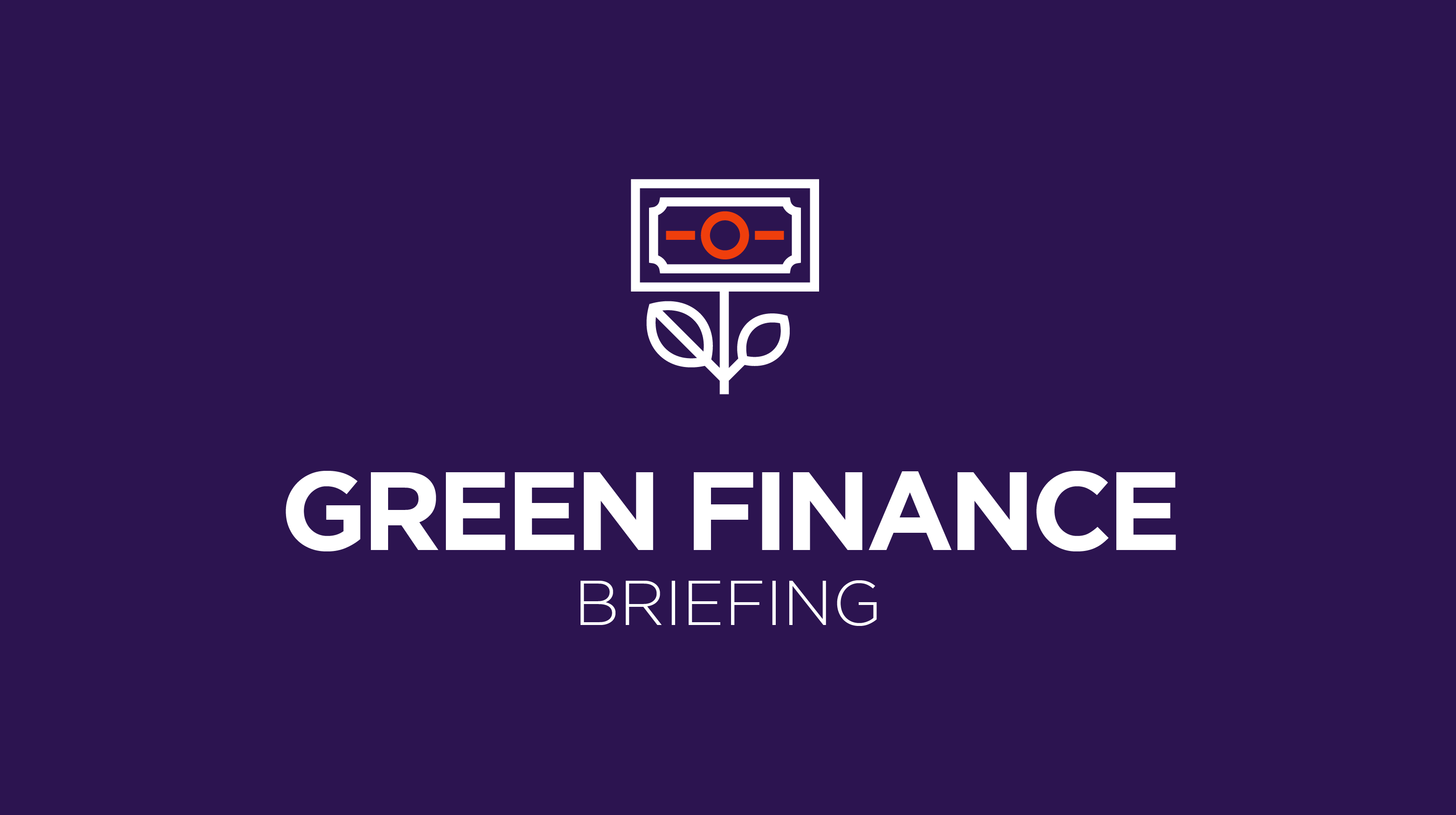Green Finance, Member Exclusive
Green Finance Briefing: Greenwashing on Wall Street, and climate tech stocks outperforming the market
- Regulators have started to investigate misleading ESG claims at big banks, signaling that they’re paying close attention to the wave of greenwashing happening in finance.
- Elsewhere, climate tech stocks continue to outperform the market, and UN Secretary General Antonio Guterrez bemoans the counterproductive attitude of the finance industry towards climate change.








